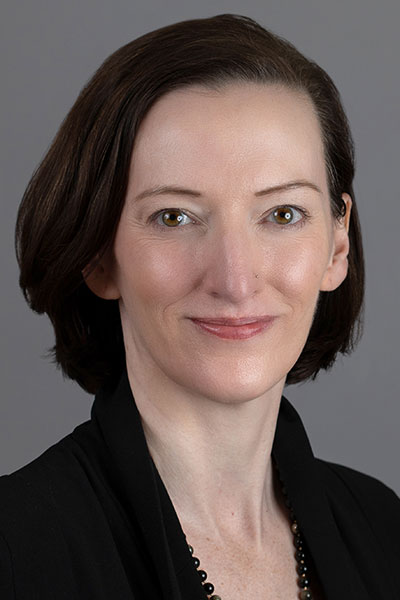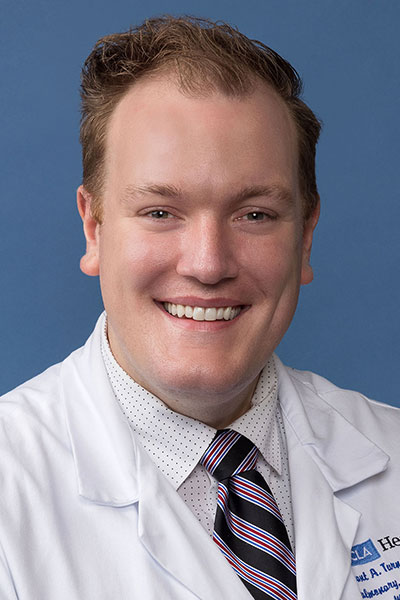While extracorporeal membrane oxygenation (ECMO) can be lifesaving in certain situations, it is a limited resource that is labor- and cost-intensive. This can lead to clinicians wondering if they are underutilizing or overutilizing the treatment, especially during emerging or unsettled circumstances, such as in the early days of the COVID-19 pandemic.
A panel of experts will explore how to navigate those challenges during the session, A Bridge Too Far: ECMO Initiation in Times of Uncertainty, Wednesday, October 9, at 2:15 pm ET, in Room 210A of the Boston Convention & Exhibition Center.

“ECMO is intended as a bridge to recovery, transplantation, or an implanted medical device,” said Session Chair, Laura Frye, MD, Associate Professor of Internal Medicine at the University of Utah Health. “This session will discuss the challenging decision-making which takes place in the less clear cases, such as advanced malignancy and unestablished advanced lung disease.”
The decision to initiate ECMO isn’t clear-cut. In this session, panelists will describe clinical scenarios where ECMO is intended as a bridge and how to approach these cases when it has become a bridge to nowhere. They will also review the limited available data to guide decision-making in challenging scenarios moving forward.

“By discussing specific scenarios we have encountered while caring for patients with ECMO, we hope to increase everyone’s understanding of the strengths and limitations of this lifesaving device,” said Session Co-Chair, Grant Turner, MD, MHA, Assistant Clinical Professor and Associate Director of the Adult Cystic Fibrosis Program at UCLA Health.
Presentations will cover initiating ECMO for lung transplant evaluation, initiating ECMO for a new presentation of advanced malignancy, using ECMO in the setting of a new respiratory illness, and the role of routine palliative care consultation in these scenarios.
“This session is intended for all members of the clinical team. Patients on ECMO are often alert, awake, and able to participate in decision-making, and how we handle these most complex cases is challenging, even for seasoned members of ECMO teams,” Dr. Frye said. “We hope that our insights will provide some resolution to tough cases individuals have faced or will face in the future.”
Join us at CHEST 2025
Save the date for the next Annual Meeting, October 19 to 22, 2025, in Chicago. CHEST 2025 will explore the latest advancements in pulmonary, critical care, and sleep medicine, with a focus on innovation and the future, just as the city itself embodies progress and reinvention.





